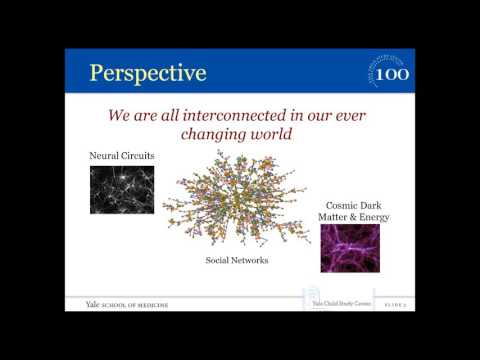Education inequality and violent conflict: Evidence and policy considerations
Education Inequality and Violent Conflict: Evidence and Policy Considerations, UNICEF and FHI360, 2016
Until now, limited evidence existed on the relationship between educational equity and violent conflict. A new study, commissioned by UNICEF and recently completed by the FHI 360 Education Policy and Data Center, sought to change this using the largest dataset constructed to date, with data from across nearly 100 countries and over a 50 year timespan.



